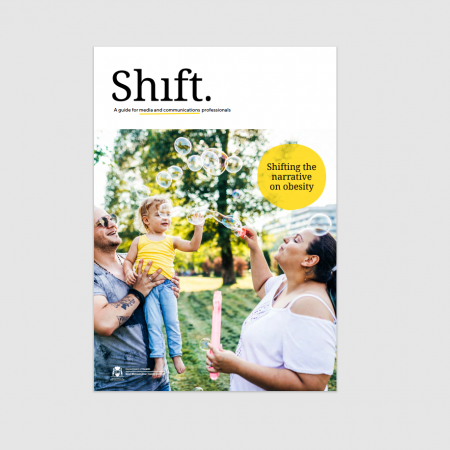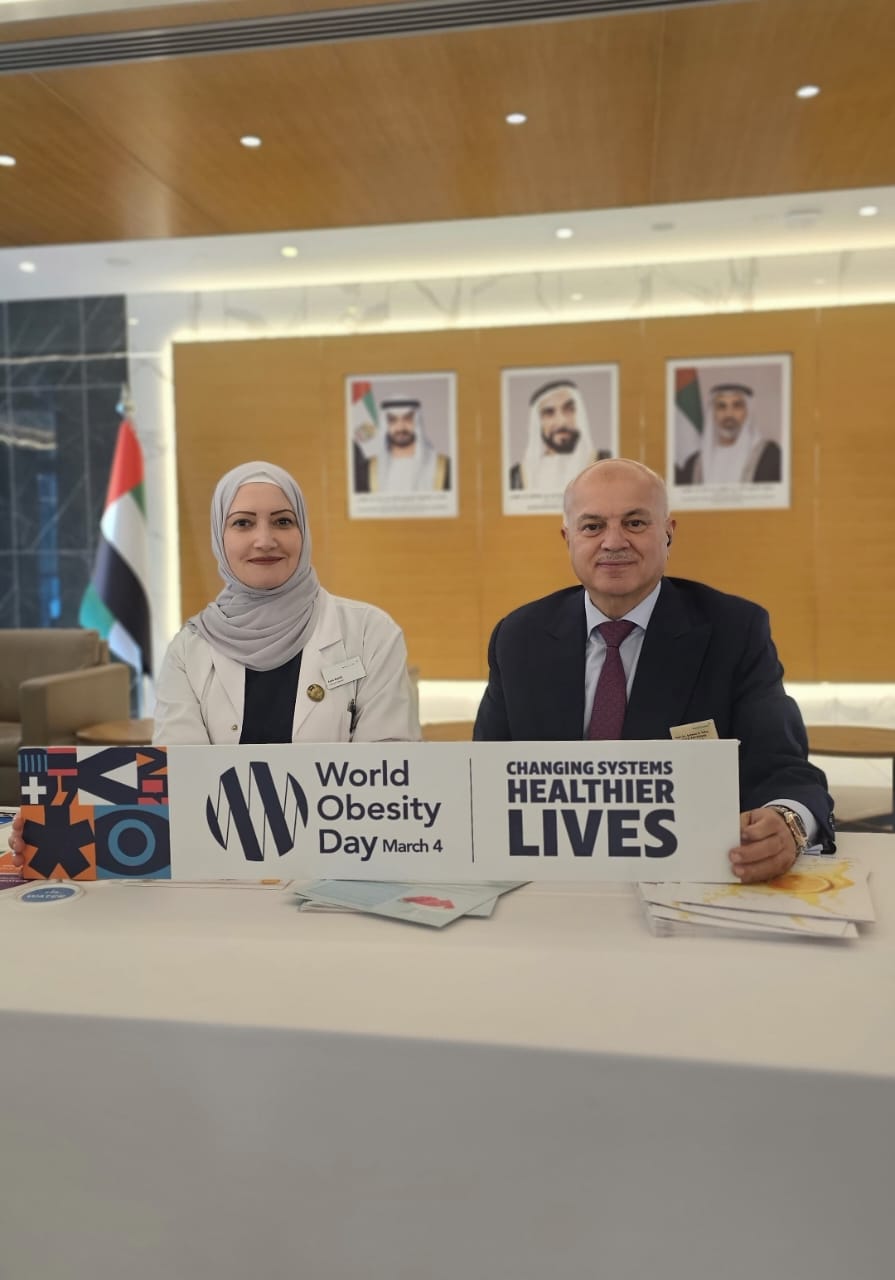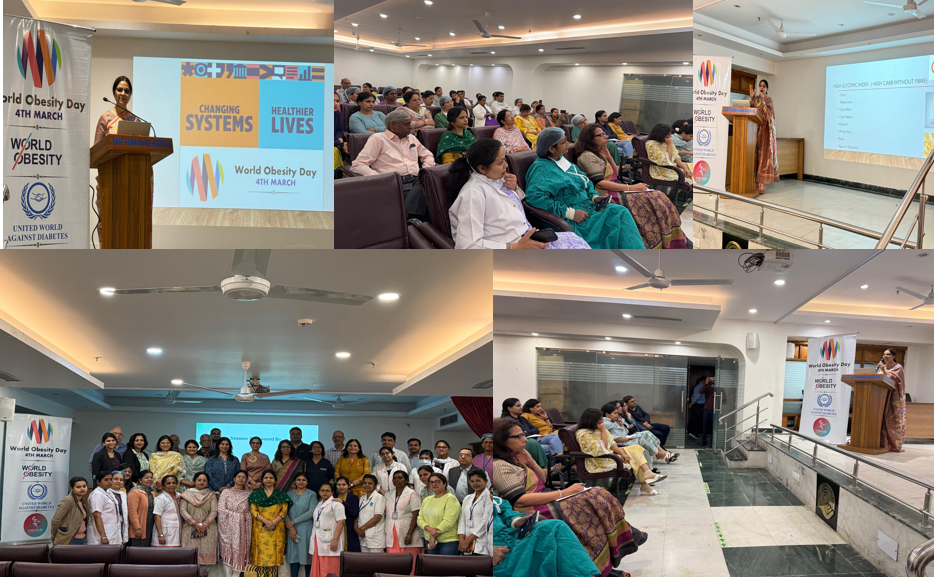Stories

Shift media guide - changing the narrative in Western Australia
It’s time to change the way we talk about obesity. As public health professionals we know there is no single or simple solution to obesity. It is a chronic relapsing condition that is influenced by more than 100 different factors, and most of these are outside an individual’s control.
But when covering obesity, mainstream media often focus on individual responsibility or the costs incurred to the health system, using shock headlines and inappropriate images to grab readers’ attention. The biological, environmental and societal drivers of obesity are rarely mentioned. Portraying weight in this way assigns blame or failure to the individual and not to our obesogenic environments, which perpetuates weight stigma.
People who experience weight stigma are more likely to avoid healthcare settings, make negative behaviour changes such as exercise-avoidance and binge eating, have an increased risk of mental ill-health, and experience greater psychological distress. A summary of the health impacts of weight stigma, which are often independent of body weight, is provided in a guide we developed to assist media and communications professionals in Western Australia (WA) to talk about weight.

The guide – Shift. A guide for media and communications professionals – was developed in partnership with the Health Networks Unit at the WA Department of Health, as part of the implementation of the WA Healthy Weight Action Plan 2019-2024 and East Metropolitan Health Service’s (EMHS) Obesity Prevention Strategy 2020-2025. Shift was developed with communications professionals to meet their specific needs and to address the local WA context. The guide aims to support communicators to work in a non-stigmatising manner when reporting and writing on obesity. It does not intend to censor, but rather provide guidance on how to start the conversation well, challenge weight stigma, and ultimately help improve the lives of people with obesity.
To develop Shift, we consulted with communications staff from across the WA Health system including primary health to understand how to make the guide relevant to their work and context. There was a growing awareness of weight stigma, but not much guidance on how to avoid it in practice. So, we worked with them to develop a fit-for-purpose guide, with key features for communications professionals.
Communication professionals have the power and agency to play an influential role in fostering better public perceptions of obesity. As public health professionals, we all have a part to play in shifting the narrative about weight. Our simple Shift guide can be applied in a wide range of settings, and the summary provided at the beginning is designed to be a quick checklist when writing or speaking about weight-related issues. Looking at our own practice when it comes to obesity, weight stigma and health cannot be undervalued. Taking up the pledge to end weight bias and stigma is also a powerful step. The conversations we have with our colleagues, friends and community members are all opportunities to help make the shift.
An original version of this article can be found on the Intouch Public Health website.
Find out more about the East Metropolitan Health Service here.




